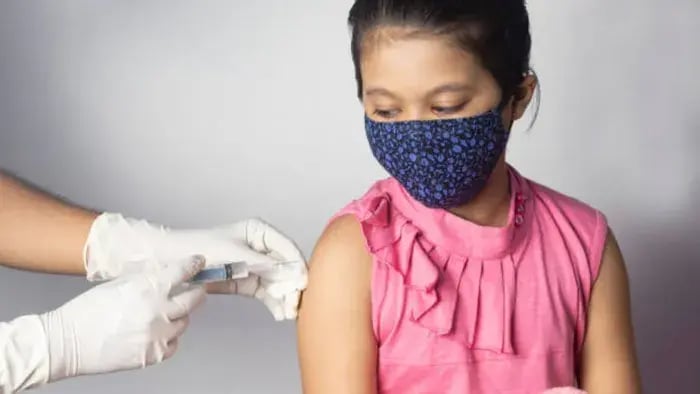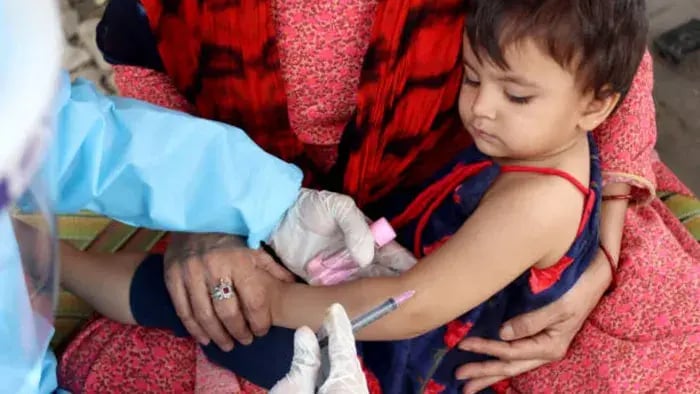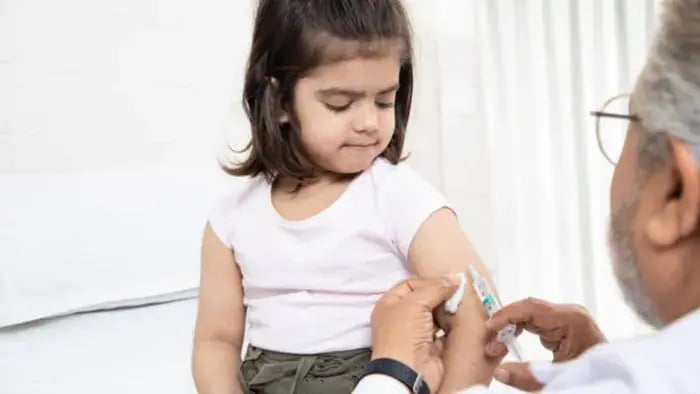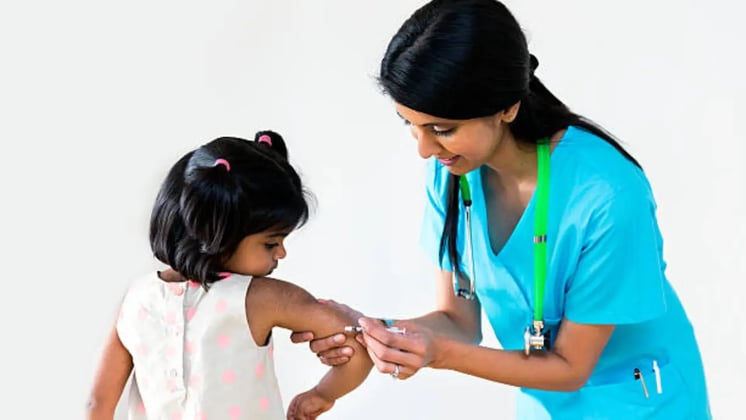- A Historic Step Towards Polio Eradication
- Protecting Children from Preventable Diseases
- Ensuring Every Child is Covered
- Building Stronger Community Health
- Raising Awareness Among Parents
- Strengthening the Healthcare System
- Inspiring Global Recognition
Introduction

Immunization has been one of the strongest tools in protecting children from life-threatening diseases. In India, the importance of vaccines was highlighted through the launch of National Immunization Day (NID), an initiative first observed in 1995 to eradicate polio. On this day, children under the age of five are given oral polio drops free of cost. Since then, the day has become a milestone in the country’s public health journey. National Immunization Day is usually observed on 16th March every year, marking the dedication to keeping future generations safe from preventable illnesses.
The history of NID is deeply linked with India’s success in eliminating polio. What began as a nationwide campaign to ensure no child missed their vaccine dose gradually turned into one of the largest immunization drives in the world. Over the years, this effort not only helped India become polio-free but also created awareness about the power of vaccines in saving millions of young lives.
For parents, the day is a reminder of how critical timely vaccination is for their children. Immunization protects against diseases such as measles, diphtheria, tetanus, and hepatitis, ensuring healthy growth and stronger immunity. It also safeguards communities by preventing outbreaks and reducing child mortality. National Immunization Day stands as proof that collective responsibility and consistent healthcare measures can bring lasting change to society.
7 Reasons Why National Immunization Day Matters for Every Child

National Immunization Day reflects the country’s determination to provide children with a healthier start in life. It also highlights the importance of vaccines against preventable diseases like measles, diphtheria, tetanus, and hepatitis. Beyond just health, it’s about ensuring that every child has the opportunity to grow, learn, and thrive without the burden of illness.
The significance of this day goes beyond administering vaccine doses. It carries lessons in prevention, protection, and collective responsibility. Here are seven key reasons why National Immunization Day is so important for children’s health.
A Historic Step Towards Polio Eradication
According to the National Health Mission, the day was launched with a clear mission, to eliminate polio from the country. Over the years, millions of children received polio drops, reducing the spread of the virus and eventually leading to India being declared polio-free in 2014. This achievement is proof of how a single initiative can change the health story of a nation.
Protecting Children from Preventable Diseases
Through National Immunization Day, parents are reminded of the role vaccines play in defending children against life-threatening diseases such as measles, tetanus, diphtheria, and hepatitis. As per a study published in the Indian J Med Res. 2014, immunization ensures that these once common infections are kept under control, allowing children to grow without the constant risk of severe illness.
Ensuring Every Child is Covered
According to UNICEF, National Immunization Day is not limited to cities or large hospitals. Health workers travel to villages, slums, and difficult-to-reach areas to ensure no child is left out. This inclusivity is key to protecting the entire community, as one unvaccinated child can become a link in spreading disease.
Building Stronger Community Health
When children are vaccinated, the benefits extend beyond them. A study published in Front Microbiol. 2020 shows that diseases are less likely to spread, protecting even those who cannot be vaccinated due to medical reasons. This concept, known as herd immunity, is strengthened by initiatives like National Immunization Day, which create safer communities for everyone.
Raising Awareness Among Parents
Parents often juggle many responsibilities, and vaccine schedules can sometimes be overlooked. According to the WHO, the National Immunization Day brings attention back to the importance of completing immunization on time. It encourages parents to stay updated and proactive about their child’s health needs.
Strengthening the Healthcare System
Research conducted by The Lancet Reg Health Southeast Asia. 2023 shows that organizing such large-scale immunization campaigns requires coordination, trained workers, and reliable systems. Over time, these efforts have strengthened India’s public health framework, making it more capable of handling other challenges like outbreaks and emergencies.
Inspiring Global Recognition
The eradication of polio and the success of National Immunization Day set an example for many other countries. Research published in Vaccines (Basel) 2023 highlights that global health organizations recognized India’s achievement as proof that consistent effort, awareness, and community participation can overcome even the toughest health challenges.
Conclusion

National Immunization Day is a symbol of protection, prevention, and progress. From eradicating polio to safeguarding children from multiple diseases, the day reflects the power of vaccines in shaping healthier futures. For parents, it is a reminder that timely immunization is one of the most valuable gifts they can give their children. By ensuring every child is covered, society as a whole grows stronger, healthier, and better prepared for tomorrow.
Her love for storytelling began with reading her grandfather’s speeches, where Tarishi saw the power of words in creating lasting memories. Combining her passions for food and writing, she has turned her life into a fulfilling path of sharing stories that celebrate flavours and how food brings communities together.
The views expressed are that of the expert alone.
The information provided in this content is for informational purposes only and should not be considered a substitute for professional medical advice, diagnosis, or treatment. Always seek the advice of your physician or another qualified healthcare provider before making any significant changes to your diet, exercise, or medication routines. This is a sponsored article.
References
https://pmc.ncbi.nlm.nih.gov/articles/PMC10747509/
https://pmc.ncbi.nlm.nih.gov/articles/PMC10884965/
https://pmc.ncbi.nlm.nih.gov/articles/PMC7371956/
https://www.unicef.org/india/what-we-do/immunization
https://pmc.ncbi.nlm.nih.gov/articles/PMC4078488/
https://nhm.gov.in/index1.php?lang=1&level=2&sublinkid=824&lid=220
















